1 minute read
Should you block compromised passwords?
In today’s cyber world, passwords are the main safeguard for user accounts. Yet the problem lies in users reusing the same passwords across various sites.
If one of these sites is compromised, it results in a domino effect of breaches.
One way to avert this is by blocking compromised or “pwned” passwords through services such as Pwned Passwords. Laravel’s password validation rule, uncompromised(), assists with this.
However, it is important to expand beyond merely implementing the rule, by teaching users about securing their passwords, providing resources, developing extra authentication measures, and possibly implementing SMS Multi-Factor Authentication for non-tech savvy users.
Did you like this article? Then, keep learning:
- Learn how to clear Laravel cache to fix issues related to authentication or password checks
- Understand Laravel's fake() helper to generate fake data safely for testing password features
- Explore Laravel's maintenance mode to manage app downtime during security or updates
- Learn how to use Laravel Prompts to build better Artisan command-line tools
- Find out how to monitor your Laravel apps with Laravel Pulse for better security oversight
- Secure APIs quickly with Laravel Sanctum, enhancing your app's authentication methods
- Learn essential Laravel security best practices to complement password protection tips
- Strengthen your app's authentication with laravel/ui for robust user logins
- Discover how to validate incoming data effectively to avoid security flaws in Laravel
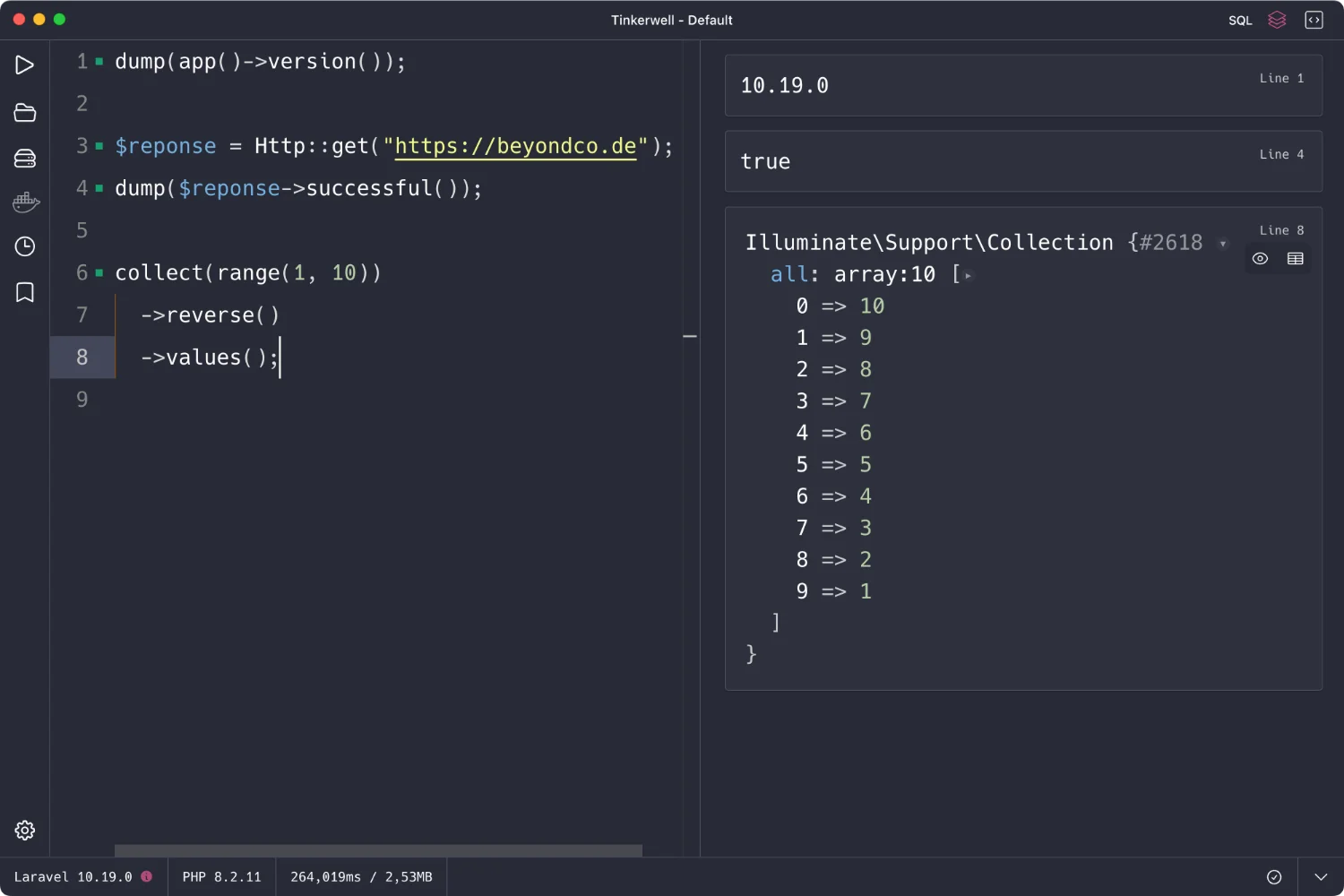
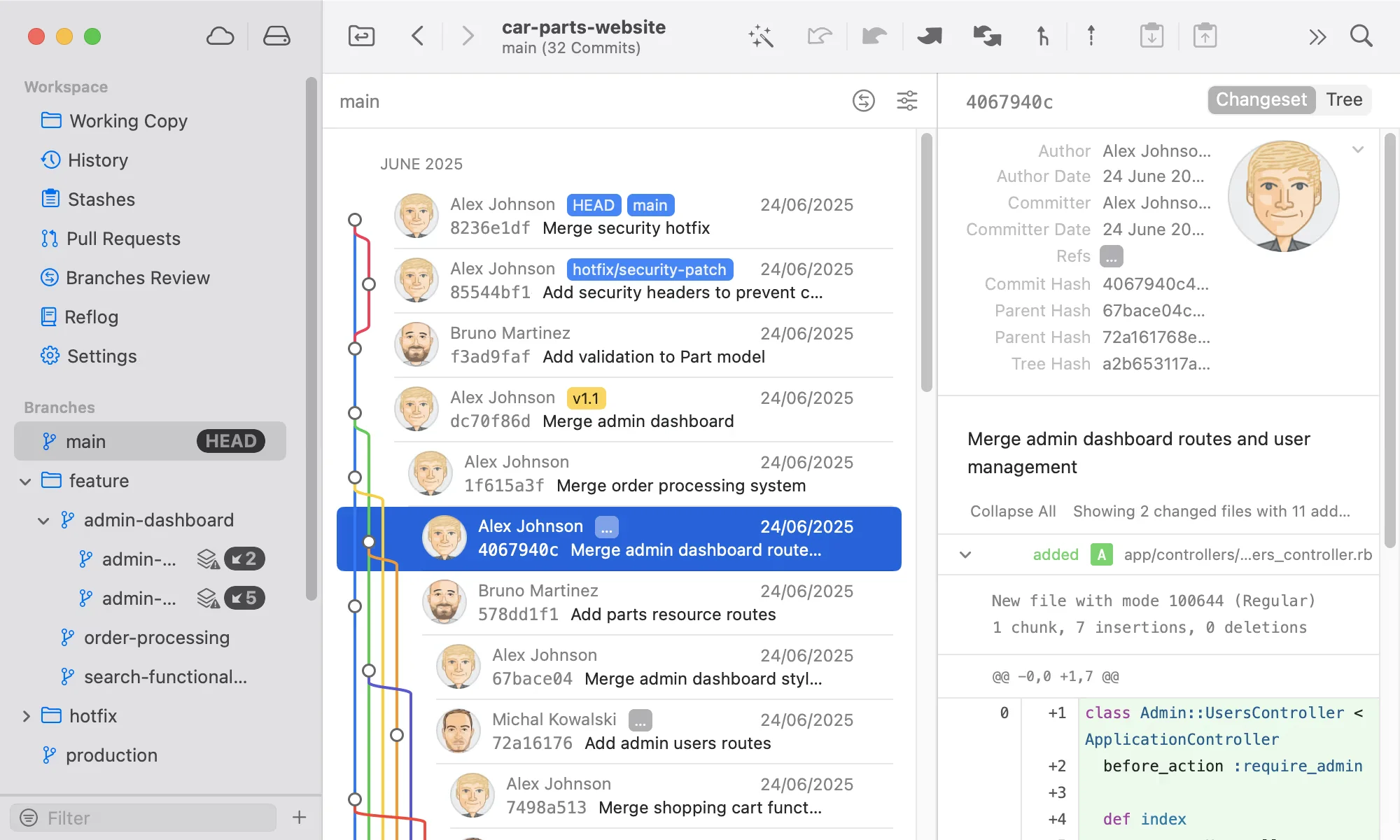
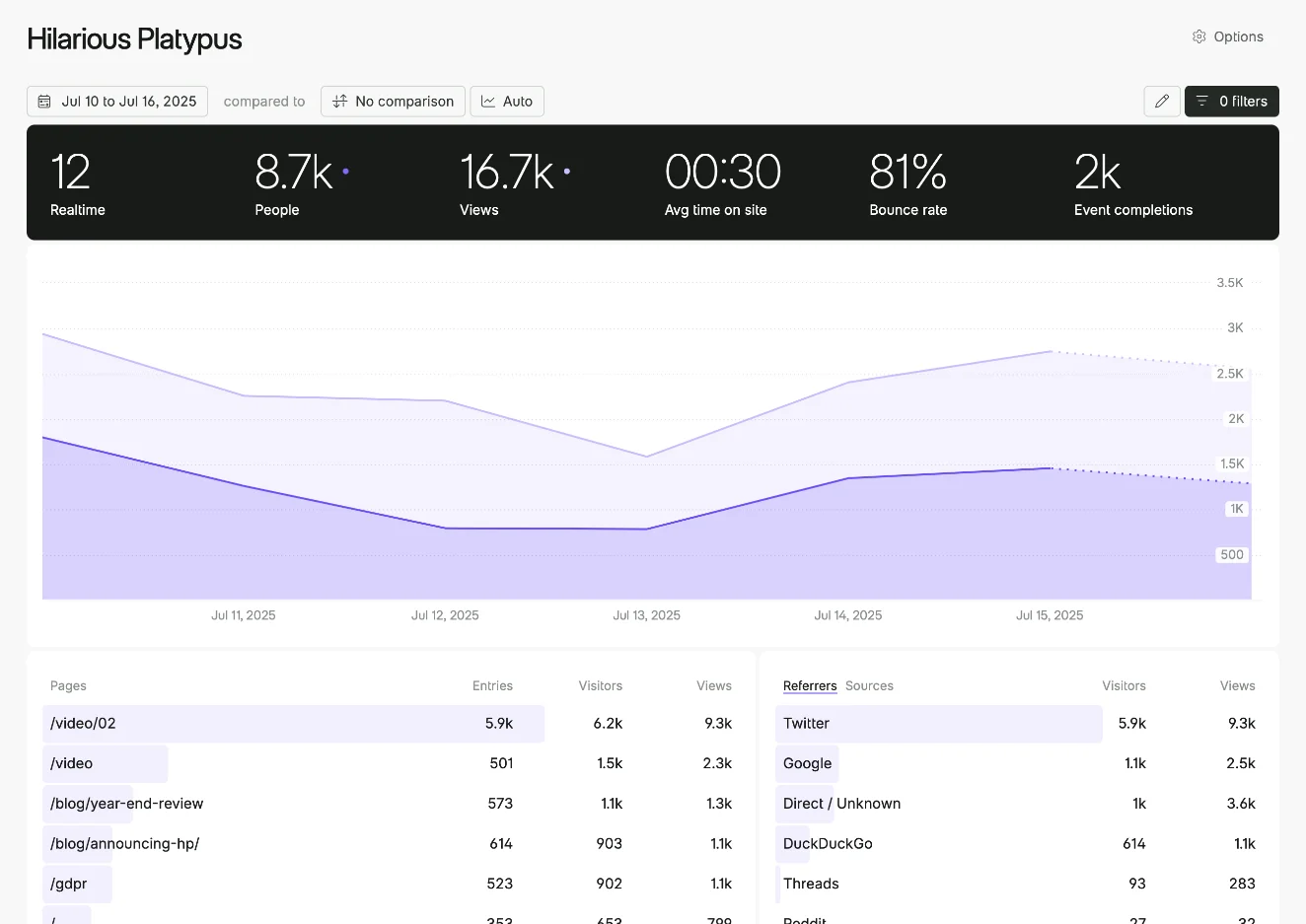
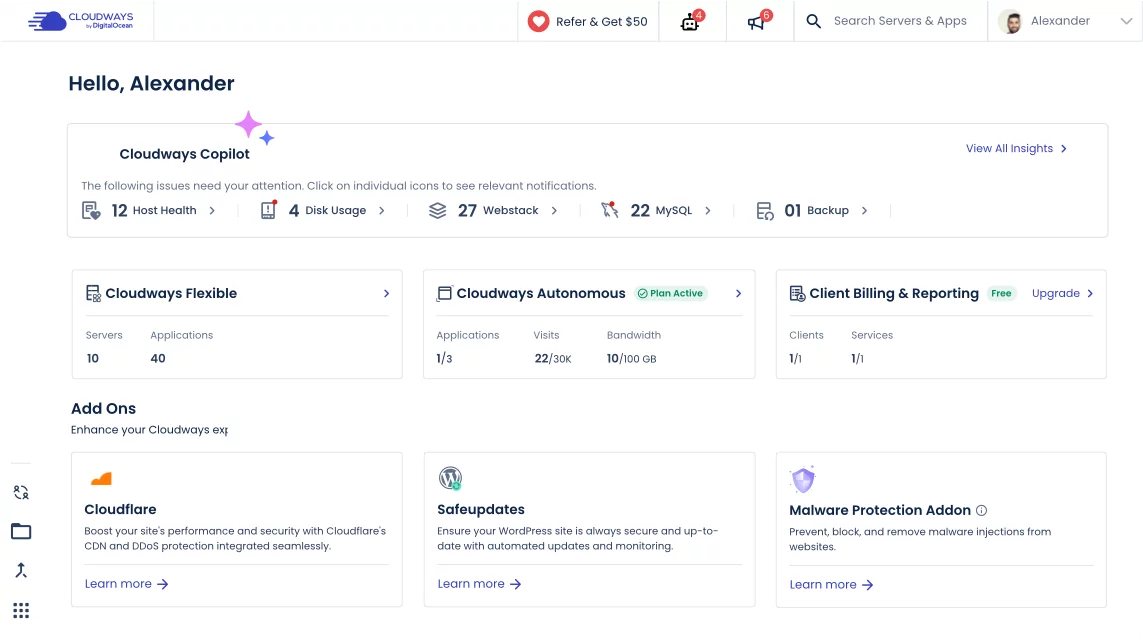

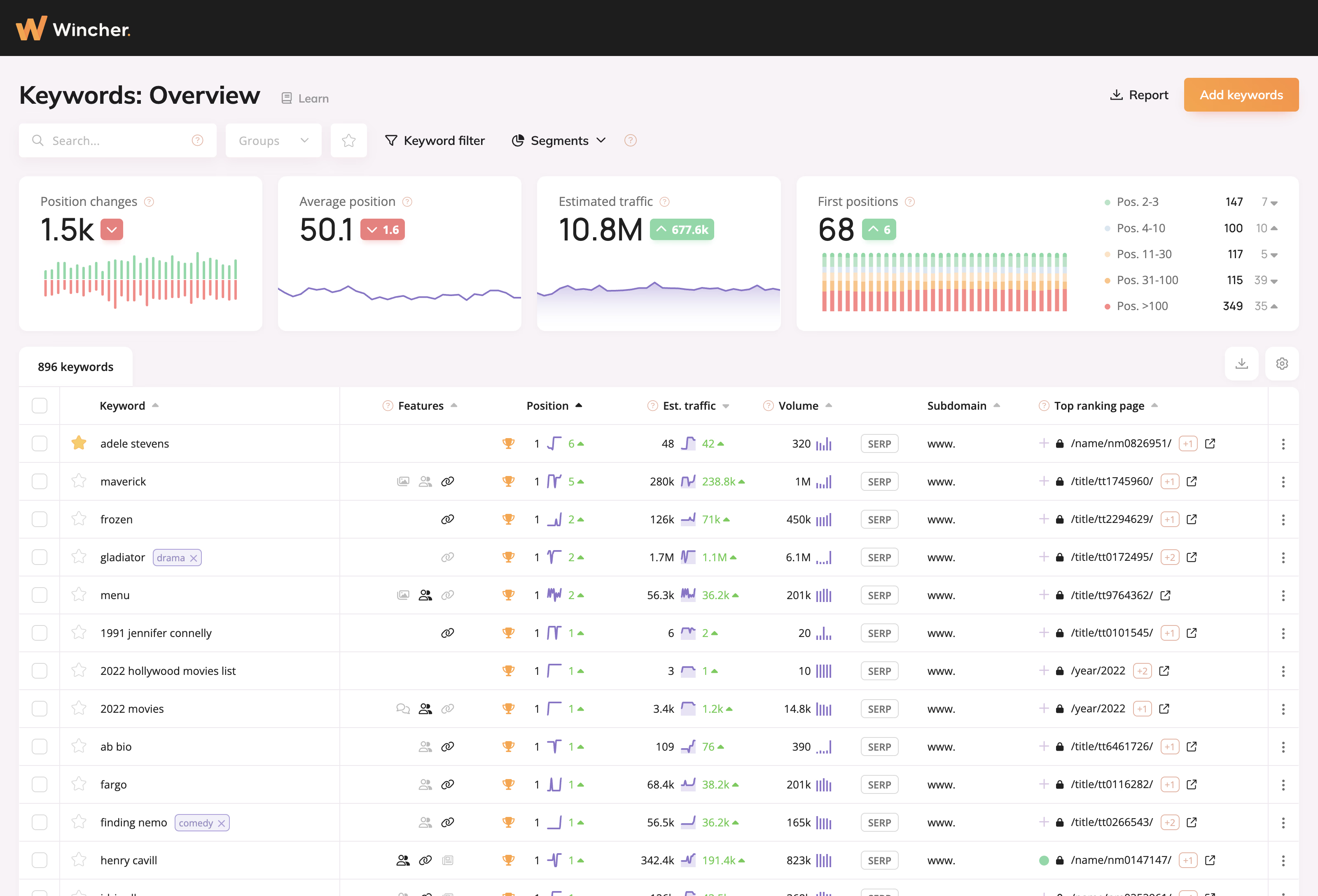
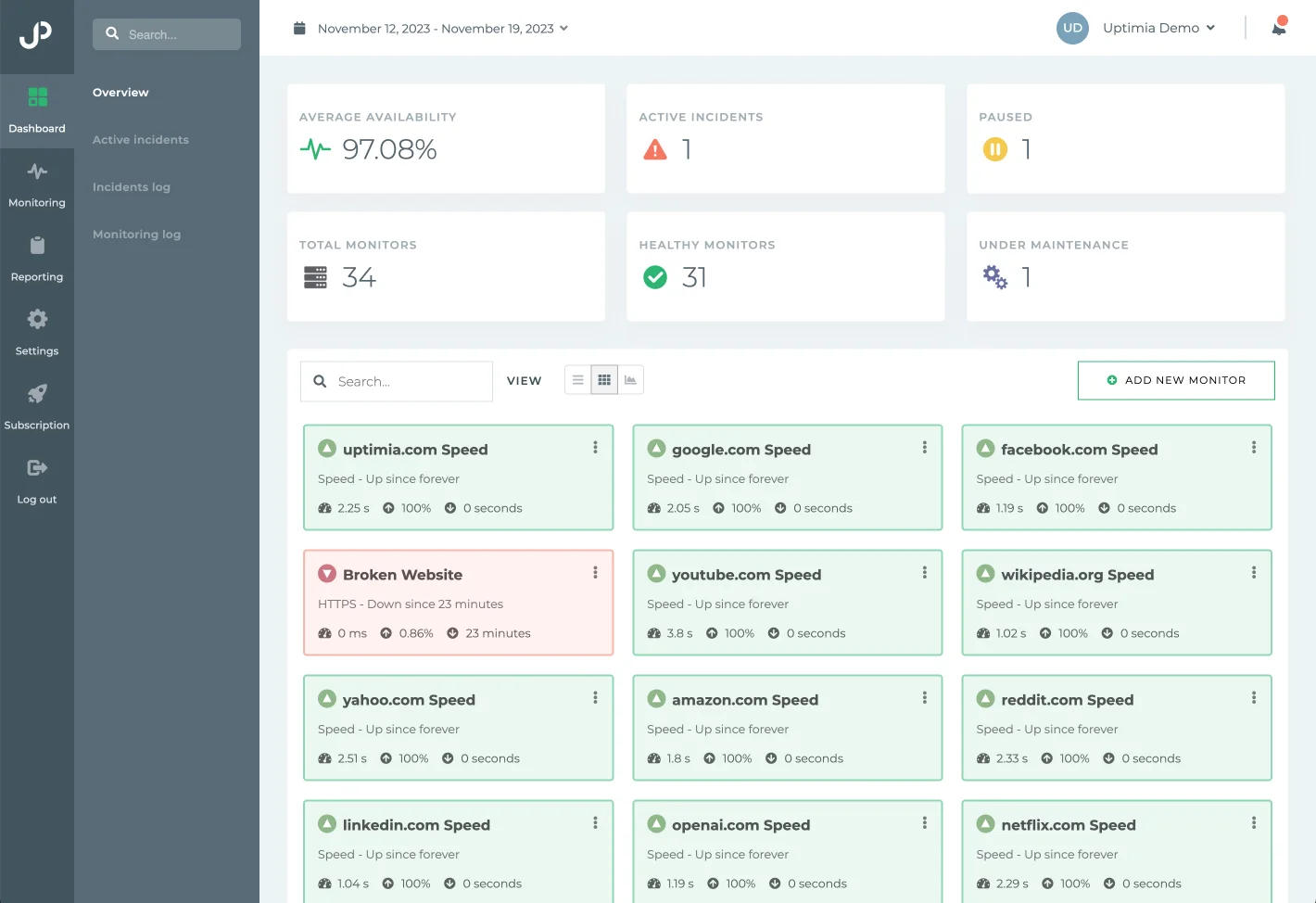
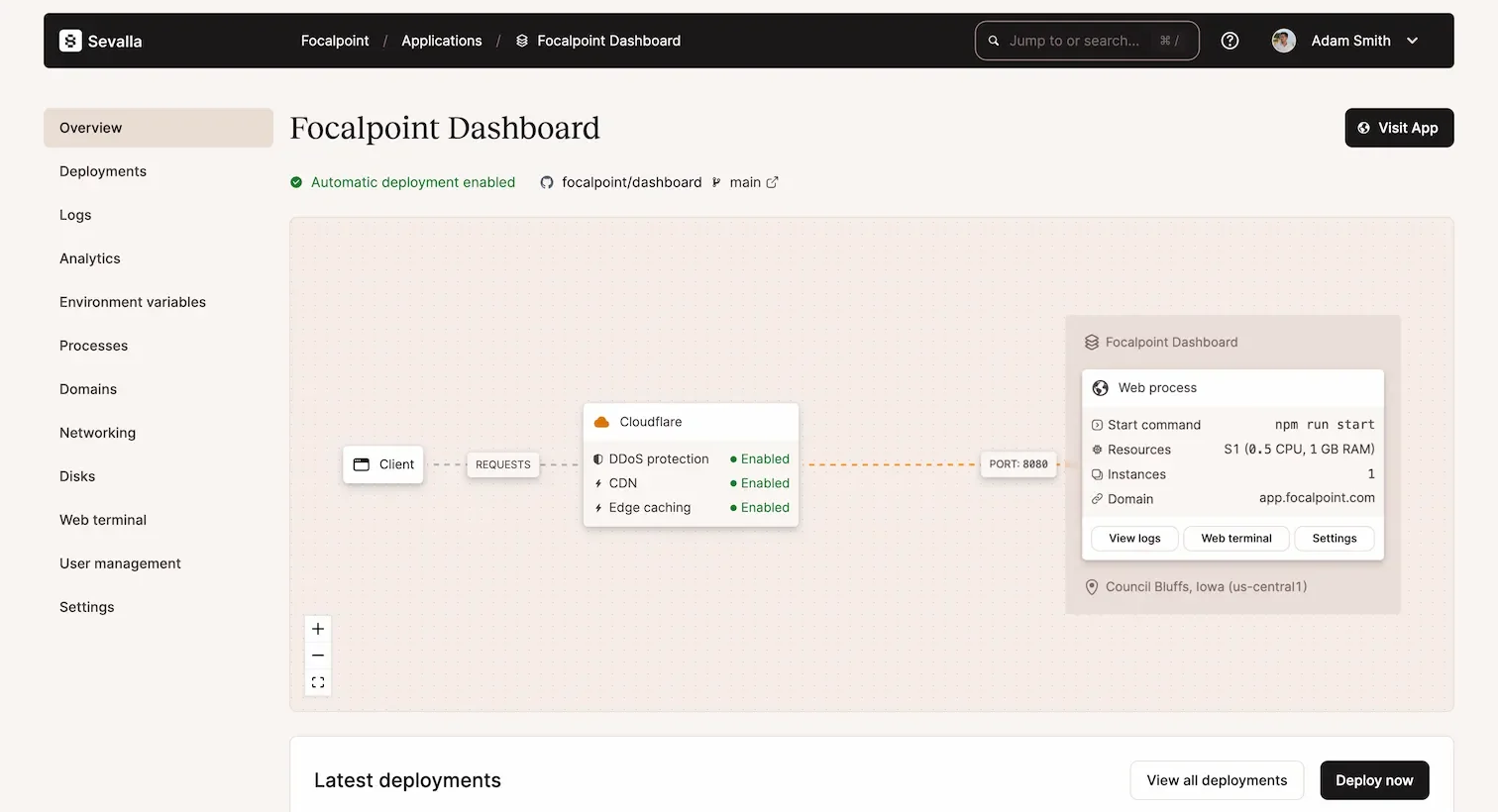
0 comments